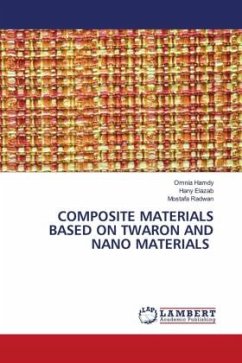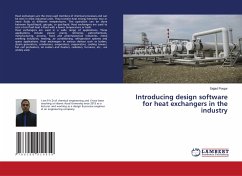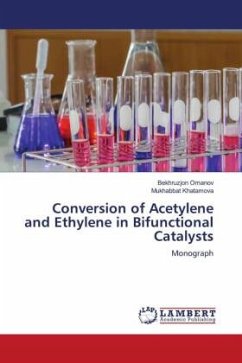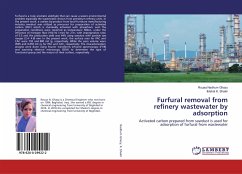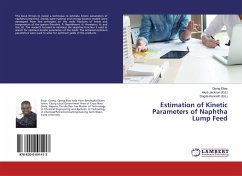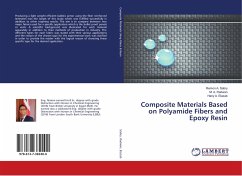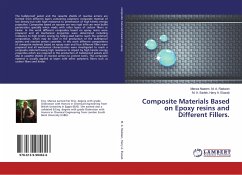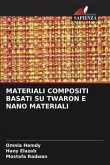This research aims to participate in developing body shields producing body shield which can overcome pervious drawbacks using behaviour of shear thickening fluid. Initially, the rheological behaviour of silica-polyethylene glycol shear thickening fluid is examined at different concentrations. Then, ballistic fabric samples are impregnated into silica-polyethylene glycol shear thickening fluid at various concentrations of silica and tested using gas gun simulating real ballistic threat. After that, the impact of rubbery hot water pack filled with around 66.67 wt% starch in water is tested using gas gun. Results showed that as the concentration of silica increases, the indentation depth in impregnated fabric decreases which may result in improving performance of ballistic fabric until 12.5 % in case of 60 wt% silica. As it showed that no indentation depth is formed in modelling clay when rubbery hot water pack filled with around 66.67 wt% starch in water is tested using gas gun causing improvement percentage to be 100% compared to plain sample of Twaron (CT 714).
Bitte wählen Sie Ihr Anliegen aus.
Rechnungen
Retourenschein anfordern
Bestellstatus
Storno

